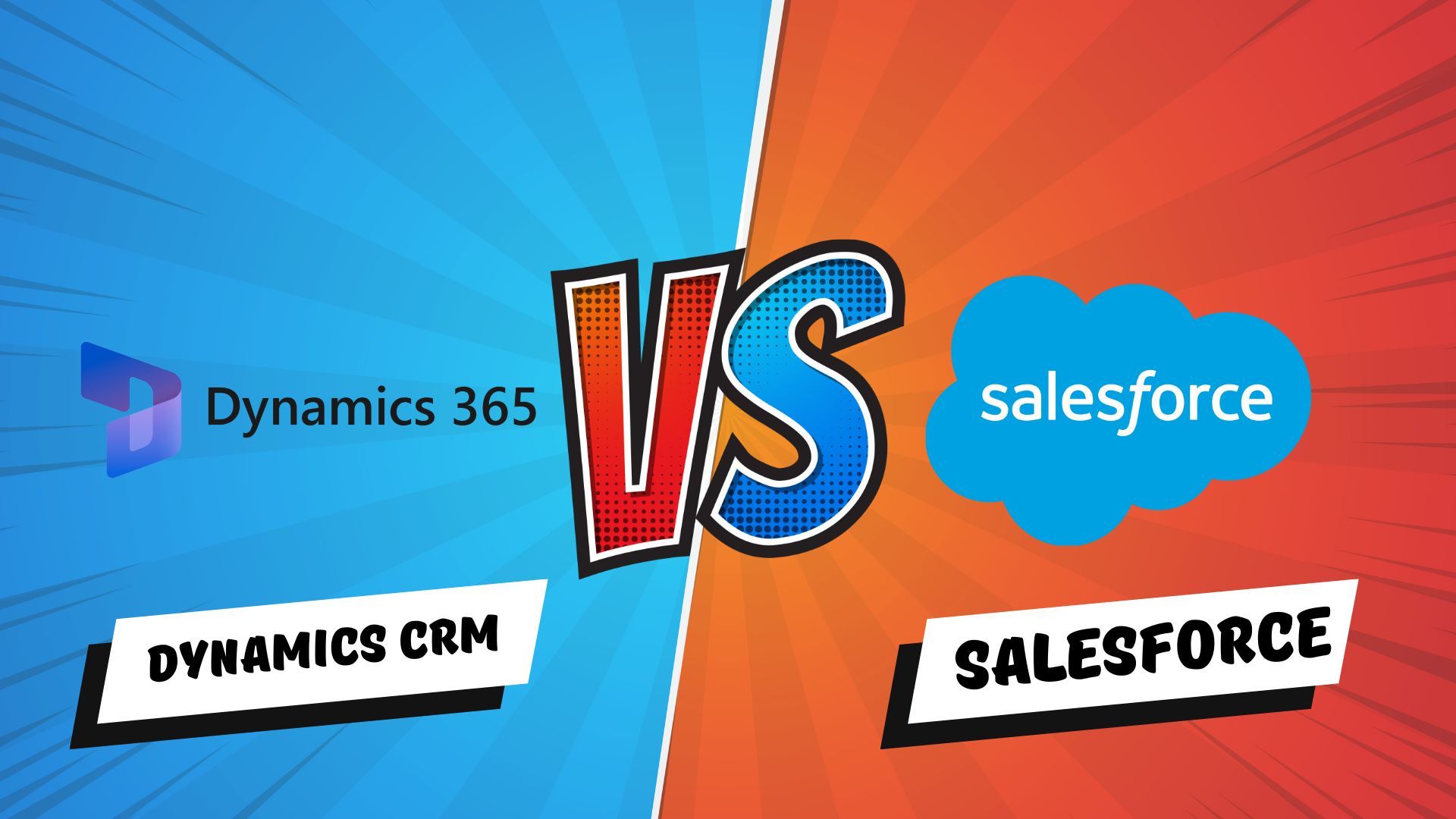Let’s discuss Microsoft Dynamics 365 CRM to unfold its features, and benefits, and how it revolutionizes the way companies interact with their customers. Also, we will be discussing the Dynamics CRM vs Salesforce CRM to understand basic differences.
In the fast-paced realm of business, where customer satisfaction and streamlined operations are paramount, having a robust Customer Relationship Management (CRM) system can be a game-changer. Microsoft Dynamics 365 CRM stands out as a powerhouse in this arena, offering a comprehensive suite of tools to empower businesses in managing customer relationships effectively.
Understanding Microsoft Dynamics 365 CRM
Microsoft Dynamics 365 Consulting Partner In India offers Microsoft Dynamics 365 which is not just a CRM system; it’s an integrated platform that goes beyond traditional CRM capabilities. At its core, Dynamics 365 CRM is designed to centralize customer information, automate processes, and enhance communication channels to foster stronger relationships. Hire Salesforce developers in India to strengthen this relationship and upscale the platform performance through seamless integration with other Microsoft 365 applications, providing a holistic solution for businesses.
An Overall Understanding of Salesforce CRM
In the dynamic world of customer relationship management (CRM), Salesforce has established itself as a pioneering force, redefining how businesses engage with their customers. Salesforce CRM, a cloud-based platform, has garnered widespread acclaim for its comprehensive suite of tools designed to enhance customer relationships, streamline processes, and drive business growth. Let’s delve into the core features, benefits, and unique aspects that make Salesforce CRM a frontrunner in the CRM landscape.
Understanding Salesforce CRM
Salesforce CRM is a cloud-based customer relationship management platform that provides organizations with a unified and scalable solution to manage their interactions with customers and prospects. Known for its user-friendly interface and versatility, Salesforce CRM is designed to cater to businesses of all sizes, from startups to large enterprises.
Basic differences between Microsoft Dynamics 365 CRM vs Salesforce CRM
Microsoft Dynamics 365 CRM and Salesforce CRM are two leading customer relationship management (CRM) solutions, each with its strengths and features.
Here are some basic differences between Microsoft Dynamics 365 CRM and Salesforce CRM:
Platform and Architecture
Microsoft Dynamics 365 CRM: Built on the Microsoft Azure cloud platform, Dynamics 365 CRM seamlessly integrates with other Microsoft products like Office 365 and SharePoint.
Salesforce CRM: Salesforce is a cloud-native platform, meaning it was born in the cloud. It operates on the Salesforce Lightning platform, providing a highly customizable and scalable cloud infrastructure.
User Interface
Microsoft Dynamics 365 CRM: Offers a user-friendly interface that aligns with the overall Microsoft ecosystem, providing a familiar experience for users already accustomed to Microsoft products.
Salesforce CRM: Introduced the Lightning Experience, a modern and intuitive interface, to improve user experience. Salesforce Development company offers the CRM solutions of Salesforce which are highly customizable, allowing organizations to tailor the interface to their specific needs.
Integration with Productivity Tools
Microsoft Dynamics 365 CRM: Integrates seamlessly with Microsoft productivity tools such as Outlook, Excel, and SharePoint. This integration streamlines workflows for users who heavily rely on Microsoft applications.
Salesforce CRM: Salesforce CRM development Services offer integration with various third-party applications and has its productivity suite, including Salesforce Inbox and Salesforce Anywhere, enhancing collaboration and productivity.
Customization and Flexibility
Microsoft Dynamics 365 CRM: Highly customizable, allowing users to modify forms, workflows, and entities to match specific business processes. It uses the Common Data Service (CDS) for a unified data model.
Salesforce CRM: Known for its flexibility and extensive customization options. The Salesforce Lightning platform enables users to create custom objects, fields, and workflows to suit unique business requirements.
Pricing Model
Microsoft Dynamics 365 CRM: Typically follows a modular pricing model, allowing organizations to choose specific apps/modules based on their needs For example Sales, Marketing, Customer Services.
Salesforce CRM: Offers a subscription-based pricing model, and users can select different editions (Professional, Enterprise, or Unlimited) based on their requirements.
Ecosystem and Marketplace
Microsoft Dynamics 365 CRM: Has a growing ecosystem with a marketplace for third-party apps and integrations, though it may not be as extensive as Salesforce’s AppExchange.
Salesforce CRM: Known for its robust AppExchange marketplace, which provides a vast array of third-party apps and integrations to extend the platform’s functionality.
Mobile Experience
Microsoft Dynamics 365 CRM: Offers a mobile app for various devices, providing on-the-go access to customer data and functionalities.
Salesforce CRM: Has a comprehensive mobile app (Salesforce Mobile), allowing users to access key features and data from smartphones and tablets.
Concluding thoughts
Dynamics CRM vs Salesforce; there will always be differences that are not always generic in nature and the suitability of each CRM depends on specific business requirements, preferences, and existing technology ecosystems. Organizations often choose between Microsoft Dynamics 365 CRM and Salesforce CRM based on factors such as integration needs, user experience, and alignment with existing software infrastructure.

